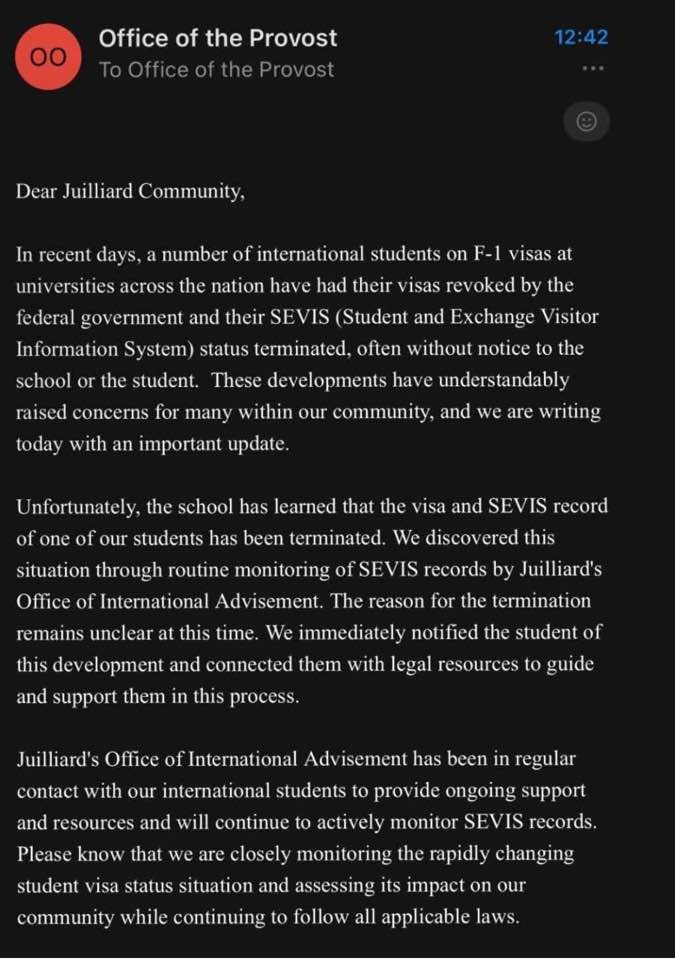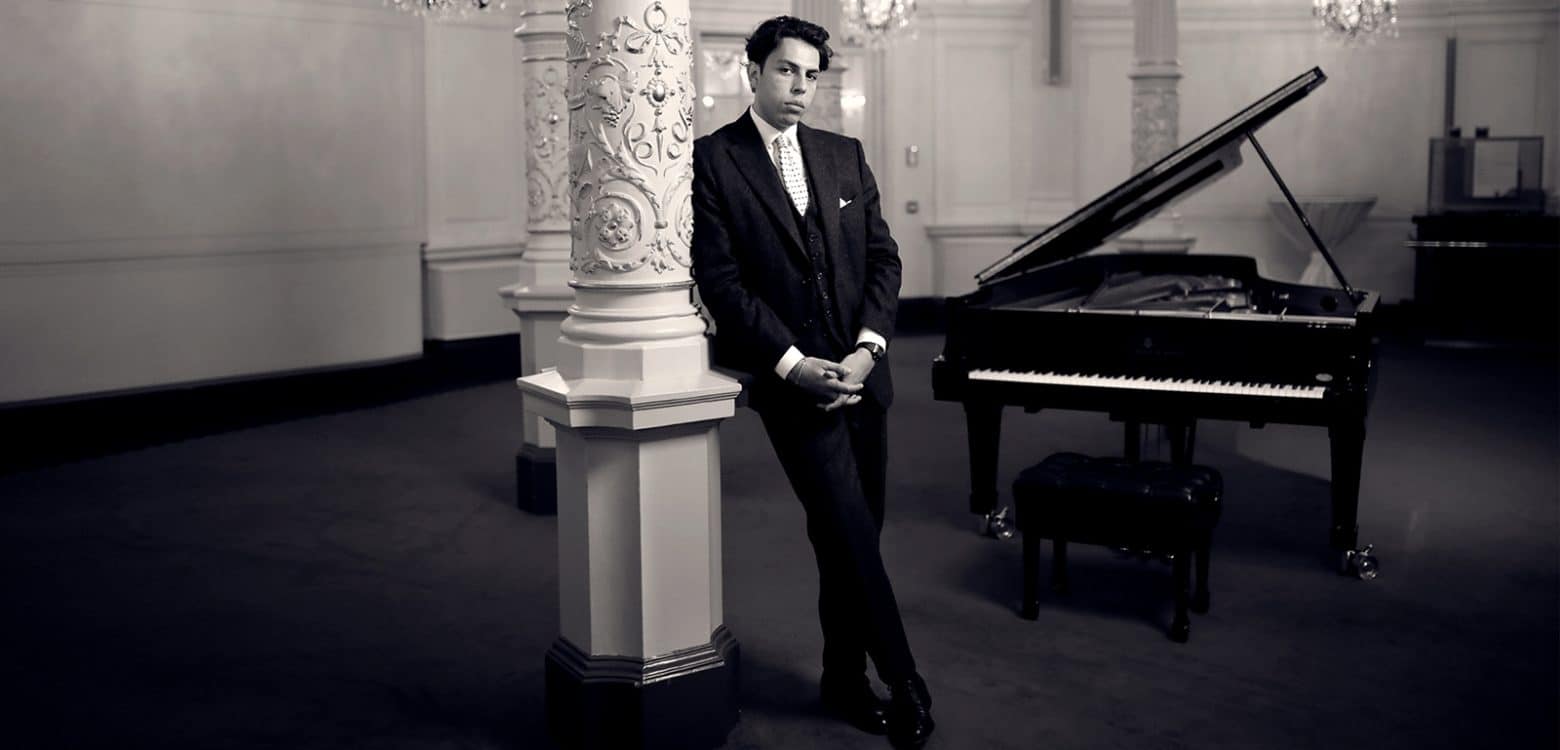Cliburn winner dies, aged 53
mainThe Cliburn organisation has announced the sad death of Jose Feghali, the Brazilian pianist who won in 1985.
His death appears to be a suicide.
Feghali never achieved a great international career in the manner of other competition winners. He received dates at major orchestras but did not become a seasonal fixture, nor a record star. He gave around 1,000 concerts in 30 years.
He was artist in residence at Texas Christian University, where he was much loved.

UPDATE: Cause of death here.





Comments